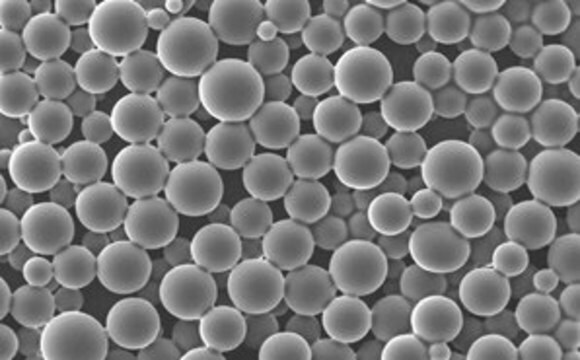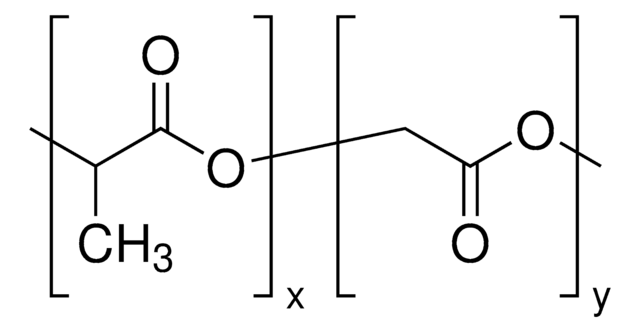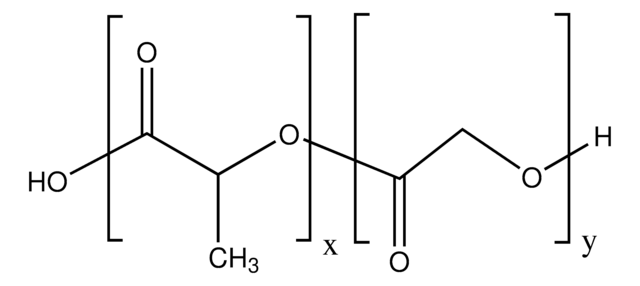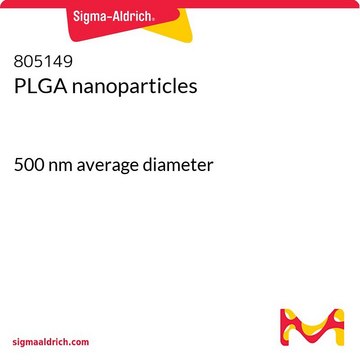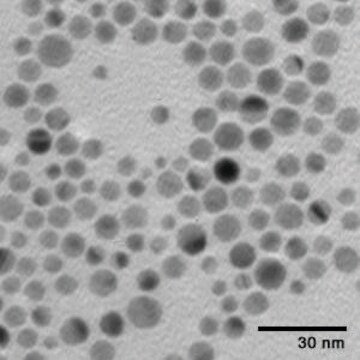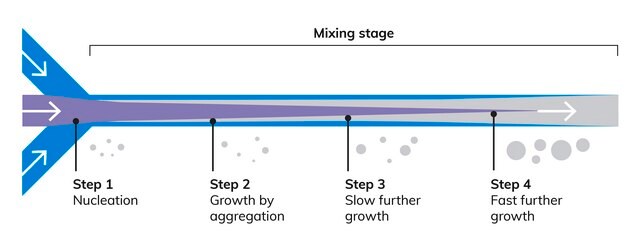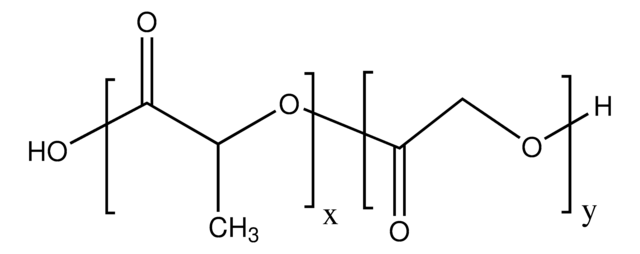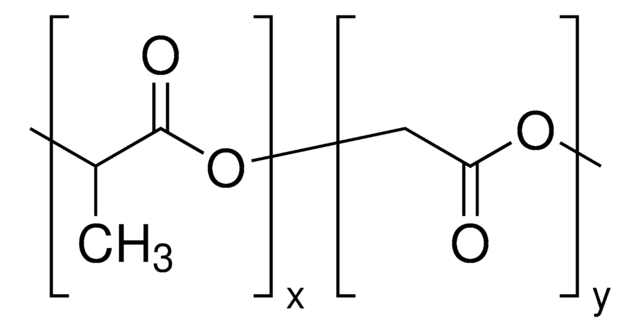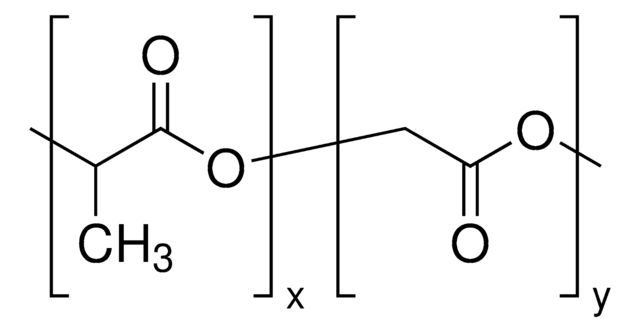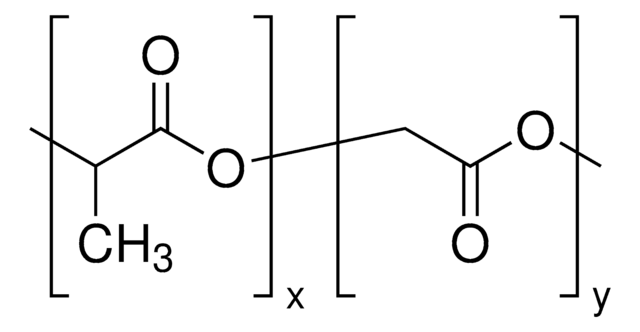805092
PLGA nanoparticles
100 nm average diameter
Synonym(s):
Degradex® PLGA, poly(D,L-lactide-co-glycolide)
About This Item
Recommended Products
Related Categories
General description
To re-constitute:
- Remove the product from freezer.
- Wait until temperature rises to the ambient temperature.
- Add DI water or buffer to the container.
- Vortex and sonicate for 5 minutes to ensure the microspheres are well suspended.
Application
Legal Information
Related product
Storage Class
11 - Combustible Solids
wgk_germany
WGK 3
flash_point_f
Not applicable
flash_point_c
Not applicable
Choose from one of the most recent versions:
Already Own This Product?
Find documentation for the products that you have recently purchased in the Document Library.
Customers Also Viewed
Articles
Study on how Degradex® PLGA microspheres and nanoparticles can be used for drug delivery research and formulation development.
Biomaterials science involves the design and fabrication of smart materials for studying, directing, or mimicking biology. For successful integration of biomaterials in biological research, a meaningful understanding of biological systems is required.
Our team of scientists has experience in all areas of research including Life Science, Material Science, Chemical Synthesis, Chromatography, Analytical and many others.
Contact Technical Service